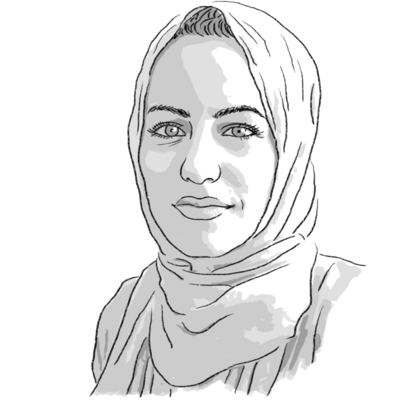Thursday’s Supreme Court ruling upholds a Native adoption law that tribes see as critical to their cultural survival after decades of children being stripped from their families. Dissenting justices say it puts tribal welfare over the best interests of the child.
Monitor Daily Podcast
- Follow us:
- Apple Podcasts
- Spotify
- RSS Feed
- Download
 Husna Haq
Husna Haq
We never celebrated Father’s Day growing up. Born in a modest home in 1940 as one of 10 kids to pragmatic parents in Hyderabad, India, my dad didn’t grow up celebrating the many Hallmark holidays we’re accustomed to today. In fact, at that time, many people didn’t even know their exact birthday, much less have big celebrations.
So Dad, who immigrated to the United States in 1967, was oddly immune to those pleasures other dads around us enjoyed, like beach vacations or fancy cars. What motivated him was a mystery to me.
Once, on a family road trip, he made sure we hit all the favorites for everyone in the family – a garden and gift shop for my mom and sister, a theme park with death-defying roller coasters for my brother and other sister. On the drive back home, I asked him what his fun was on this trip. His face lit up as he responded, “Seeing all of you happy!”
He seemed to have a similar approach to life.
Like helping several of his siblings immigrate to the U.S., filling out endless paperwork, and supporting them in finding housing, schooling, and jobs.
Like helping relatives move from state to state countless times, driving U-Hauls and hauling boxes.
Like volunteering as a chaplain at Syracuse University and local hospitals, driving an hour to campus after a full day’s work as an engineer, stopping at home to pack a peanut butter and jelly sandwich for his dinner.
Like helping his youngest daughter through a mid-pandemic move and pregnancy, bringing me home-cooked meals and boxes full of practical gifts like toothpaste, pantry goods, and vitamins – all while enduring grueling health challenges.
My dad died two years ago. Though he never wanted gifts, he left us with so many. And I’m starting to think that was his secret. He found joy in giving – in ways big or small, recognized or not, always with a smile.










